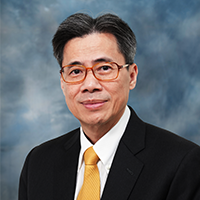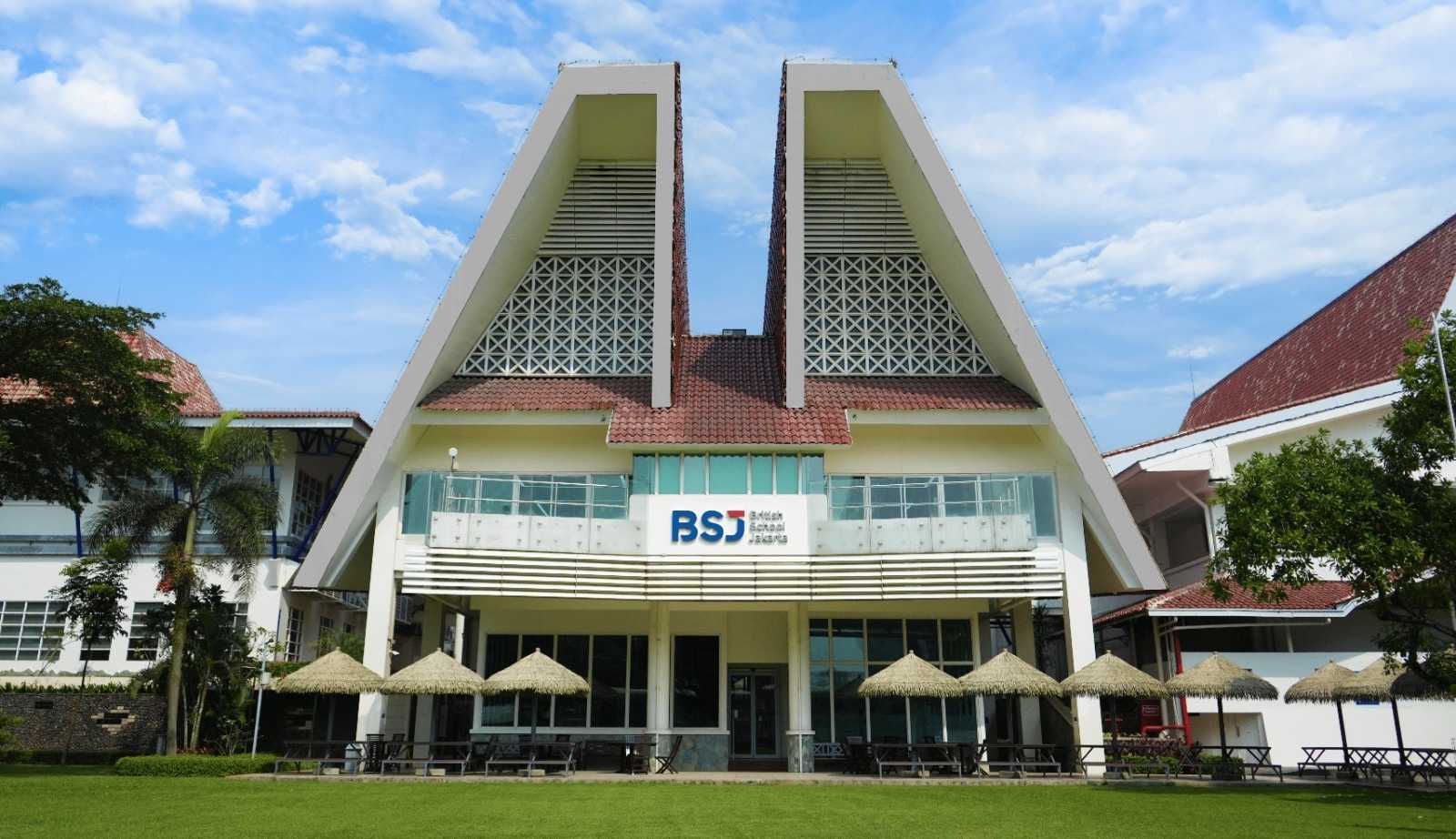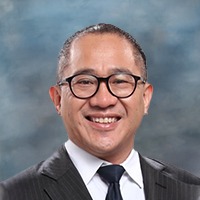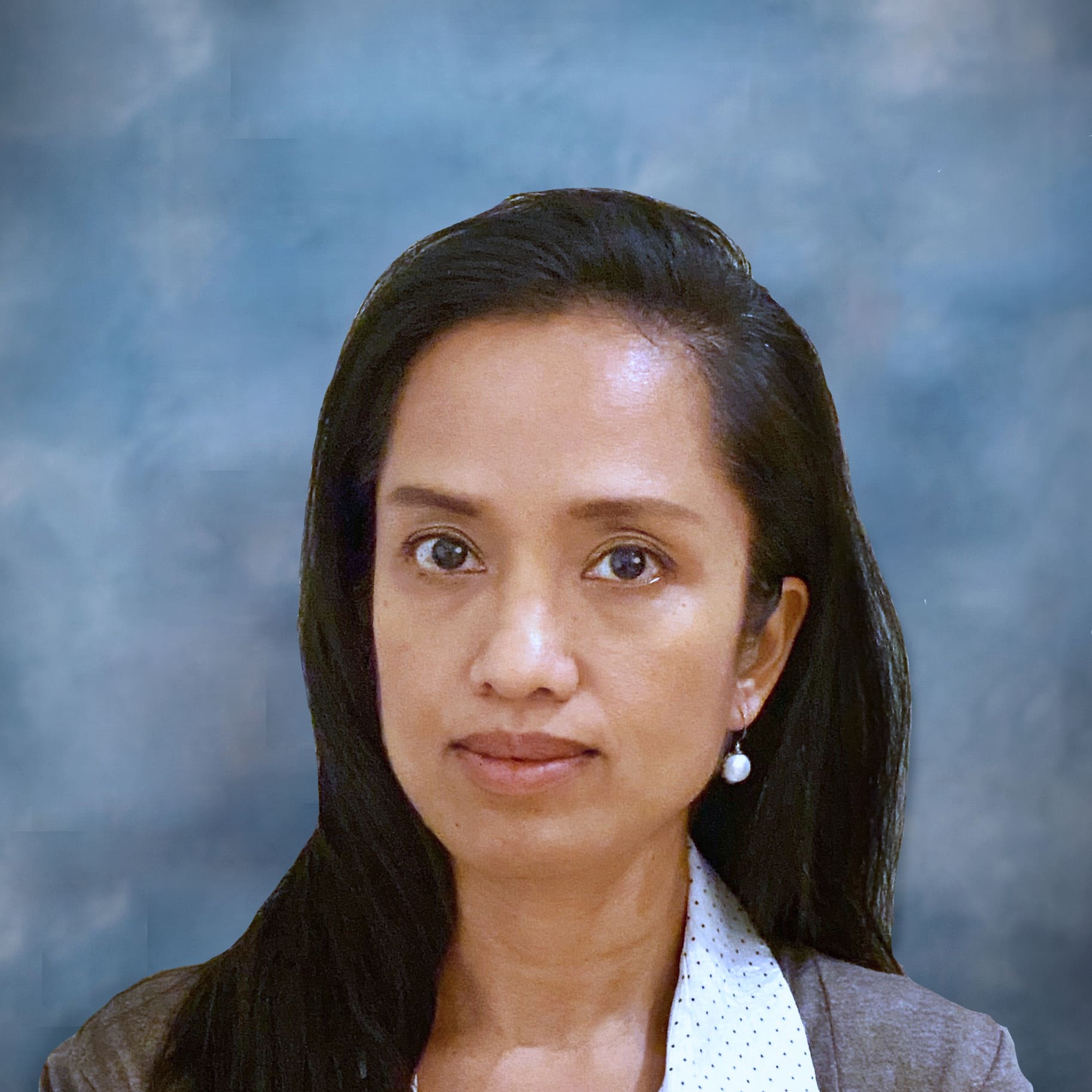Governing Bodies

The School governing body comprises of Council of Trustees and Board of Governors. The Council of Trustees retains the ultimate authority over and responsibility for all matters pertaining to the School. Under the ultimate authority of the Council of Trustees, the Board of Governors concentrates on the broad strategic direction of the School.
COUNCIL OF TRUSTEES

William Daniel
Chair

Wilfred Schultz
Treasurer

Hilton King
Secretary

Pramukti Surjaudaja
Member

Sammy Hamzah
Member

Matthew Downing
Member

Micah Batt
Member
-
Legal Status
The British School Jakarta Foundation (Yayasan), formally called The British International School 'Foundation', was formed in 1976 and is governed by Indonesian Law No. 16 of 2001 on Foundations (as amended, the Yayasan Law). The Council of Trustees/Pembina (Council) is responsible for all matters which are not delegated to the Executives/Pengurus or the Board of Governors/Pengawas (Board). The Council is made up of the Chair, the Treasurer, and the Secretary, plus additional members, two of whom are appointed by invitation of, respectively, the British and Australian Embassies as founder members of the School.
Members of the Council include experienced business people of high standing in the British and international community in Jakarta who are in a position to contribute to the proper running of the Foundation and who possess a clear interest in the School. Others of similar standing and comparable interest in the School may, from time to time, be elected at the discretion of the Council. -
Duties and Authority
The Council oversees the affairs, property and assets of the Foundation. Its responsibilities are designated under the Yayasan Law and are enshrined in the Articles of Association of the Foundation. It delegates to the Board of Governors supervisory responsibility for policy-making and oversight of the School’s policy implementation, whilst retaining ultimate authority over and responsibility for all matters pertaining to the School's long term sustainability.
The Council is obliged to cause the School to provide a full-time education based on the British curriculum for children whose company or parents possess a valid Capital Levy Certificate, provided that the child is, in the judgement of the Principal and the Board, educationally and legally qualified to enter the School and a suitable place is available.
The powers and duties of the Council comprise those laid down in the Articles of Association of the Foundation, including:
Determination of the composition, method of selection or election, terms of office and responsibilities of the Board, including approval of the appointment of the Chair and the Treasurer of the Board;
- Approval of annual budgets for both the Operating Fund and the Building Fund and of the proposed School fees for the following year;
- Following approval of the capital expenditure budget, approval of all capital expenditure and payments in accordance with the authorities agreed by the Council with the governors and management of the School;
- Liaising as necessary with the Indonesian Ministry of Education and all other government bodies for all matters related to the Foundation; and
- Signing of legal documents on behalf of the School as deemed necessary by the Yayasan Law, the Articles of Association and School policies.
In order to provide a forum for the exercise of its authority, and to exchange views with the Board, the Council holds not less than one full meeting per School term; this meeting is attended by the Chair and Treasurer of the Board, together with the Principal of the School. At such meetings, the Council will review expenditure against budget, the progress of the School against its development plans, and any other business deemed appropriate by the Council.
The Council holds an Annual General Meeting.
-
Election of Officers and Members
The Chair, Treasurer and Secretary are the elected officers of the Council. They and the members of the Council are elected at the Annual General Meeting of the Foundation. Membership of the Council follows the requirement of the Yayasan Law and the Articles of Association of the Foundation. The Council elects its own members as and when a position becomes available based on its needs at any given time.
There is no limitation on the number of years that officers and members may serve. -
Resignation and Termination
An officer or member of the Council may resign from service from time to time by giving prior written notice to the Foundation.
The elected term of an officer or member of the Council may be terminated before its normal conclusion:
at the member's request; at death;
if any bankruptcy proceedings are commenced against or by the member, or if a receiving order is made against the member; or
when so decided at a Council meeting by a majority of Council Members.
© 2025 - British School Jakarta










